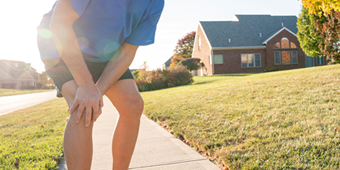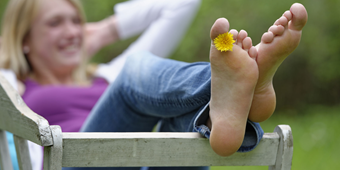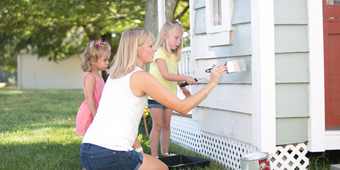Why Am I Losing Height? The "Short" Answer
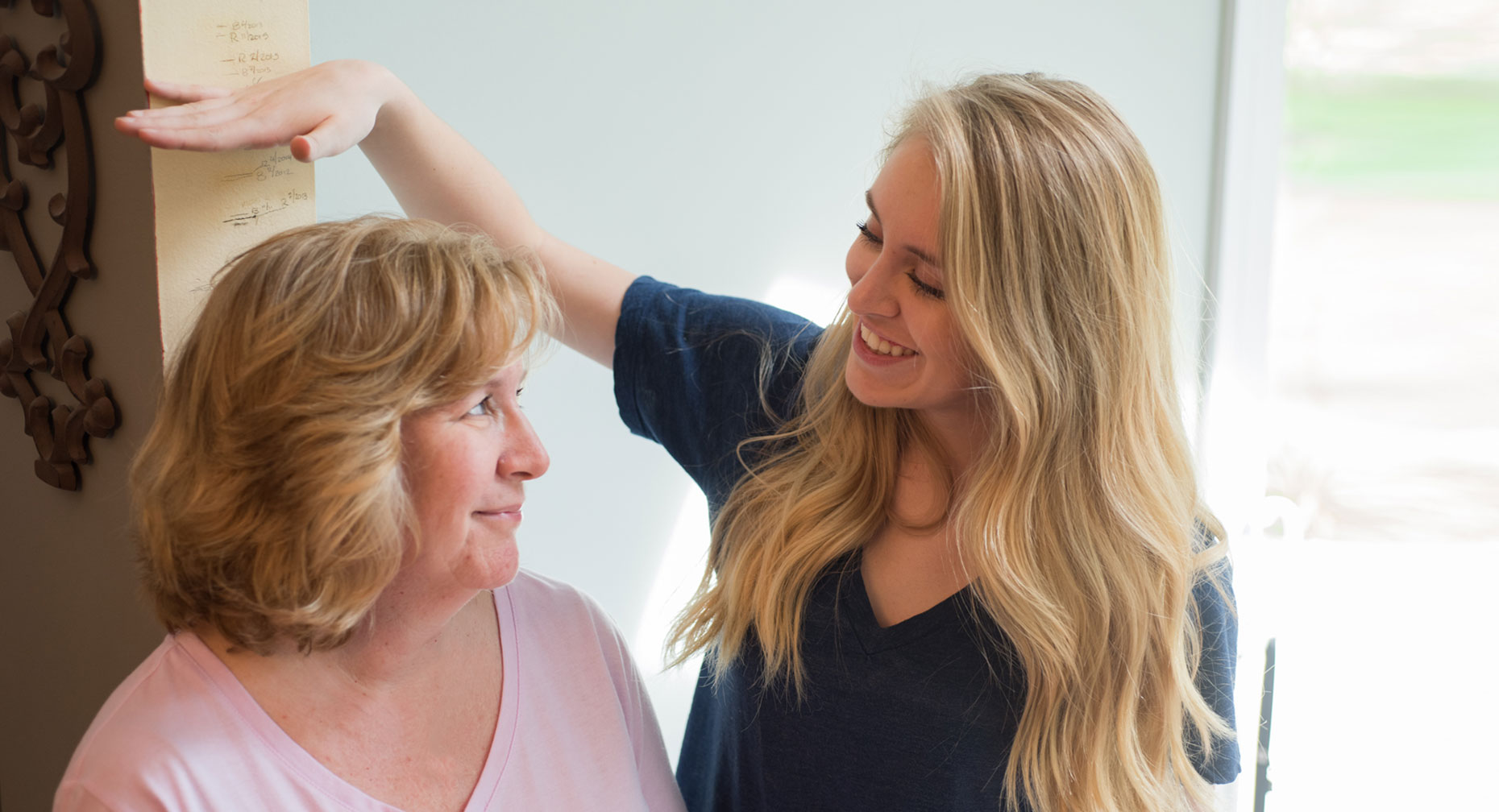
Answer a few questions and we'll provide you with a list of primary care providers that best fit your needs.
You saw it happen to your sweet grandma, great-aunts, even your mother -- and now you just found out at your checkup that you’ve lost a half-inch in height. Is getting shorter just part of getting older?
Short answer: yes, and it occurs even more rapidly in the elderly. Women lose an average of two inches between age 30 and 70, but then the process speeds up a bit. By age 80, most women will have shrunk a total of three inches.
“Actually, contrary to what many people think, it’s not your bones that cause you to get shorter,” said Scott Albright, MD, orthopedic surgeon. “Typically, the discs between the vertebra of the spine lose fluid as we age. The discs get smaller, your spine shrinks, and that’s what causes the loss of height.”
But maintaining good bone health may have an impact on height – and the things you do to take care of your bones help in your overall state of health.
It’s not your bones that cause you to get shorter.
Building Strong Bones
Best practices for strong bones and a strong spine include:
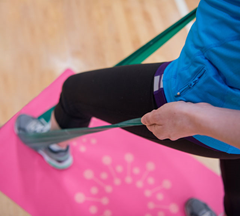
- Follow a healthy diet. This includes vegetables, fruits, whole grains and proper amounts of healthy fats.
- Get regular exercise. Some studies suggest you may be able to cut your height loss in half through exercise. “Impact activity such as walking and resistance training with weights are particularly helpful,” says Dr. Albright.
- Do not smoke. Smoking deteriorates spinal discs, which leads to more pronounced height loss.
- Refrain from alcohol and drug abuse. Substance abuse can weaken the bones and cause compressed fractures in the spine.
- Make sure you’re getting enough calcium, a mineral found in many foods. Almost all calcium is stored in bones and teeth, where it supports their structure and hardness. Women ages 19 to 50 need 1,000 mg of calcium a day. Women ages 51 to 70 need 1,200 mg daily.
- Make sure you’re getting enough Vitamin D. “Vitamin D helps the body absorb calcium. Women in the Midwest may not get enough Vitamin D from the sun,” says Dr. Albright. Women age 19-70 need 600 IU daily. Women over 71 need 800 IU.
These healthy practices can also help prevent a bone disease called osteoporosis. The bones of a woman with osteoporosis lose minerals like calcium, and bones become fragile and break easily.
Answer a few questions and we'll provide you with a list of primary care providers that best fit your needs.
Source: Medlineplus; AARP; National Institute of Health; Scott Albright, MD, Premier Orthopedics



